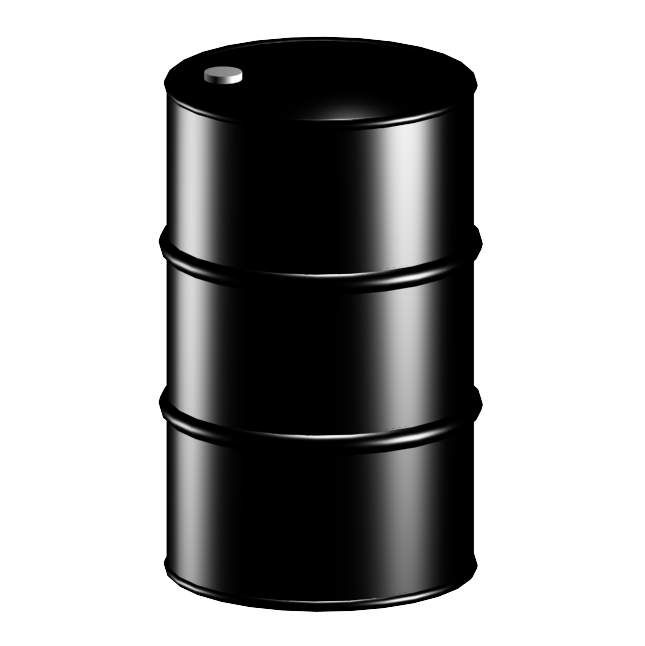Method of Manufacturing IPM
Isopropyl myristate is commercially produced through the esterification of isopropyl alcohol (isopropanol) and myristic acid. The resultant compound is then distilled and further refined using an alkali to neutralize the catalyst. Additional distillation of this secondary compound produces isopropyl myristate.
Applications of Isopropyl Myristate
There are numerous reasons why companies in the personal care industry include isopropyl myristate in their products. Perhaps the most important reason is its solubility. IPM is soluble in most organic solvents including ethanol, toluene, benzene, ether, castor oil, acetone, cottonseed oil, mineral oil, lanolin, chloroform and ethyl acetate. These solvents are widely utilized in many personal care products.
The oil has the ability to moisturize the skin in small doses. As an emollient, this oil helps in the strengthening of the skin’s natural moisture barrier. The overall result is a significant reduction in moisture loss through the day. This helps the skin stay hydrated for extended periods of time. Isopropyl myristate also has the ability to thicken formulations.
This property is essential in providing a denser texture to creams, lotions, and deodorants. While this property does not improve the skin directly, it offers a luxurious feel to skin care products thus improving consumer enjoyment or experience. In the case of deodorants, a denser texture allows for smoother application to the skin.
IPM plays a key role in solubilizing lanolin. The mixtures that contain upto 50 % lanolin in isopropyl myristate remains stable non-viscous liquids at a room temperature. As such, the oil is utilized as a solubilizing and penetrating agent in the anhydrous skin lotions with the high lanolin content.
Isopropyl myristate is also used to improve cosmetic products with high oil content. High oil content can make products feel greasy on the skin, which is a major problem with consumers. In addition, greasiness makes it impractical or difficult to use such products in a professional setting. Manufacturers include isopropyl myristate in such products to achieve a silky and smooth texture.
IPM is a crucial ingredient in hair and nail products, skin lotions, eye creams, bath preparations, make-up, shaving products, antiperspirants, and perfumes. It also serves as a plasticizer in hair sprays and lacquers.
IPM is employed in topical medicinal preparations where pharmaceutical effectiveness is dependent on proper absorption. Isopropyl myristate has strong dermal penetration properties. This is a valuable attribute, which helps other skin healing compounds penetrate deeper into the dermal layers for optimal results.
Companies that produce anti-aging serums and acne medications often incorporate isopropyl myristate into their formulas. One lesser-known property of isopropyl myristate is the ability to inhibit the growth of oral bacteria. A large number of oral hygiene product manufacturers such as mouthwash brands utilize this compound.
IPM is highly effective as a pesticide-free treatment option for head lice. It functions by dissolving the wax covering the exoskeleton of head lice, killing the insects by dehydration. It is considered safe for use in this regard on individuals above the age of four.
Side Effects of IPM
As evident in any product ingredient, isopropyl myristate has some side effects and indications. The most notable side effect is skin irritation. This may occur in people with very sensitive skin. The areas that are mostly affected are locations where the skin is very thin such as around the eyes and lips. In many cases, this happens due to IPM’s ability to increase the absorption of other ingredients that directly cause the irritation. IPM in itself does not cause irritation directly.
Overall, isopropyl myristate is considered safe for human consumption and has been widely adopted by the personal care and pharmaceutical industries. Several other cosmetic ingredients are similar to isopropyl myristate in regards to function. These include Isocetyl Stearate, Myristyl Myristate, Isopropyl Isostearate, Ethylhexyl Stearate and Tetrasodium EDTA.
Disclamer:
The information is website is for general information purposes only. Your use, reference or interpretation of any of the information published is at your own risk. We will provide Specifications & MSDS for our customers as each manufacturer may provide the same product with different specifications which may not apply to or may need to be adjusted to your formulations.

